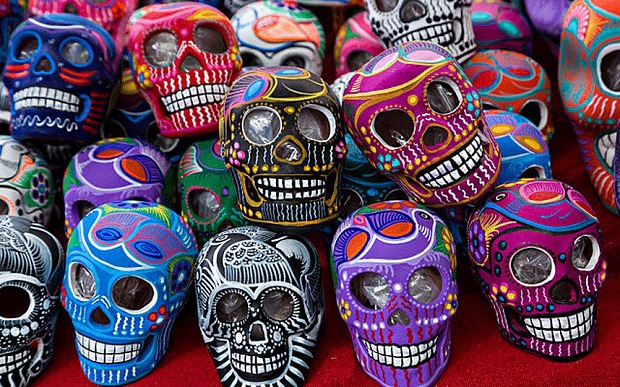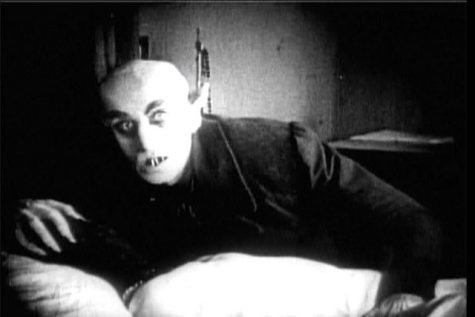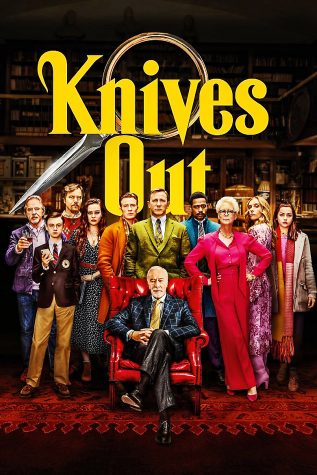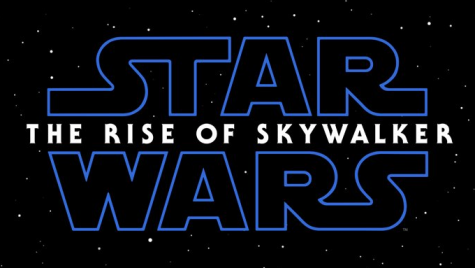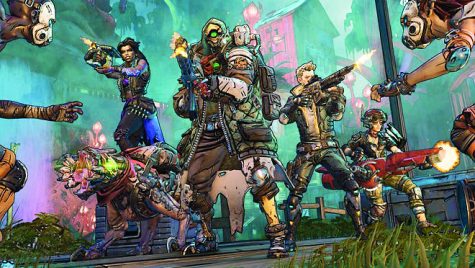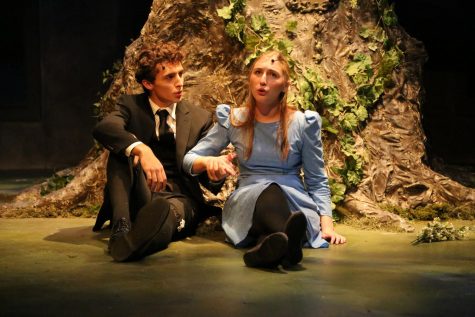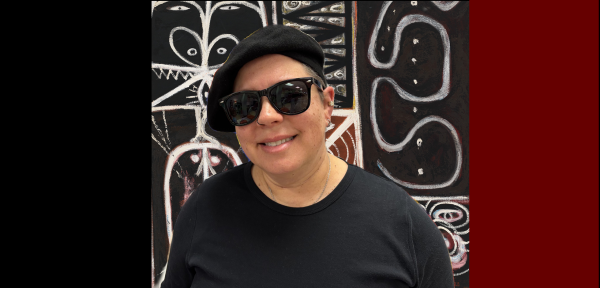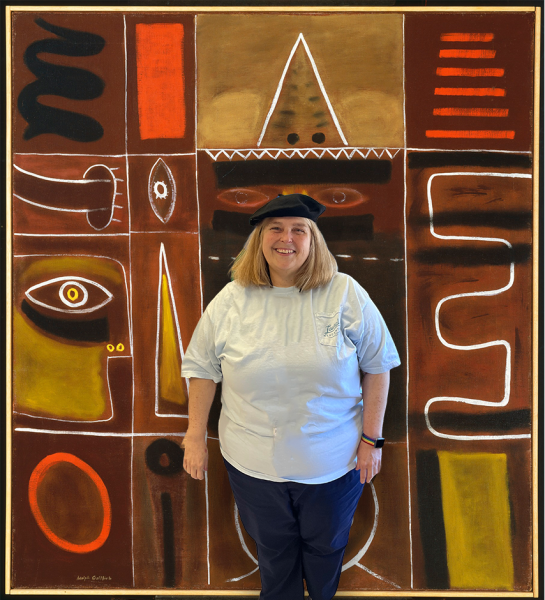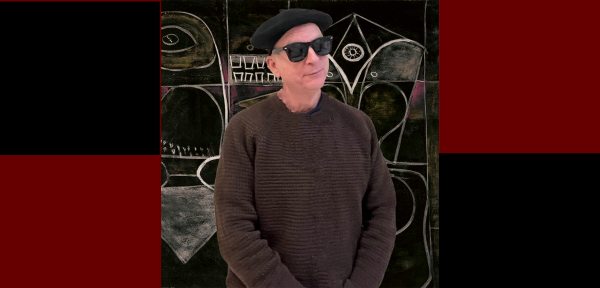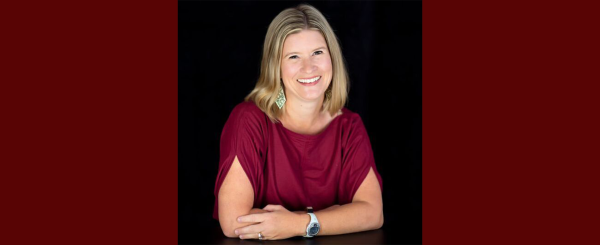Dia de Los Muertos
Students celebrate the life and death of those they love.
Photo courtesy of Wikimedia Commons
Sugar skulls are made out of actual sugar pressed into a mold and decorated with icing, feathers, and paints
As October comes to an end, the recognition of the dead is back again. In the Mexican tradition, Dia de Los Muertos or Day of the Dead celebrates the return of the dead and the forgotten.
Sophomore Vanessa Beccora celebrates Dia de Los Muertos by setting up an altar.
“An altar is something dedicated to the past family members,” Beccora said. “We set up a table so we can place items that are sacred to them.”
The meaning of this tradition is to bring a fellow family member who has passed back for one more night. In some traditions, the family places flower petals to give guidance to the lost souls so they can be found once again. Some students celebrate by placing flowers on the tombs, while other students celebrate by having a large feast out in the street.
“I’m very excited to be celebrating this year” sophomore Clarissa Zepeda said.
Zepeda attended this year’s annual Day of the Dead parade in San Antonio.
“The performers dressed in indigenous clothing,” Zepeda said. “It’s great to see my culture being represented in a good light. I usually only see these costumes in movies but not in real life.”
Zepeda watched from the crowd as the parade partied throughout the streets. Confetti and fireworks flying across the sky, colorful lights flashing throughout the city, the city turned into an endless bright celebration.
“I go every year and I’m always amazed by the beauty of the celebration,” Zepeda said.
The history of Day of the Dead dates back to the Aztecs when the Spanish conquistadors traveled to Latin America, bringing the celebration with them. This was the start of Latin America celebrating the Day of the Dead. Contrary to how we are taught in school that Day of the Dead originated in Mexico, we wouldn’t have known about the culture without the Spanish conquistadors.
“People are more focused on the celebration of the dead, but not the history of the day,” said Spanish teacher Fernando Arroyo



